Seeking low-cost, high-profit business ideas for 2024, we’ve gathered insights from CEOs and founders who have a track record of turninginnova ...
13 Recession-Proof Business Ideas for Financial Stability
Written by: Carolyn Young
Carolyn Young is a business writer who focuses on entrepreneurial concepts and the business formation. She has over 25 years of experience in business roles, and has authored several entrepreneurship textbooks.
Edited by: David Lepeska
David has been writing and learning about business, finance and globalization for a quarter-century, starting with a small New York consulting firm in the 1990s.
Published on August 26, 2022
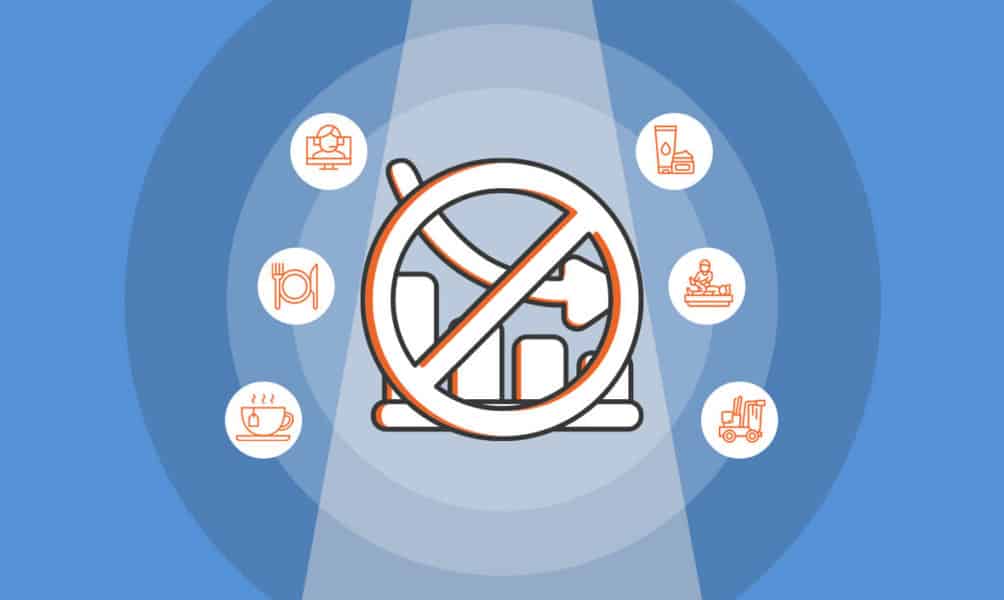
We keep hearing about a looming recession, so one would imagine this is a terrible time to start a business. But an economic downturn can be a great time for a new business to emerge.
Recession-proof businesses generally offer the essential goods or services people always need, regardless of the economic reality, such as bookkeeping services, child care, and auto repairs.
Check out these 13 brilliant recession-proof business ideas and jumpstart your entrepreneurial plans.
1. Convenience Store

What to Know Before Starting It:
Starting a convenience store requires a prime location, a well-stocked inventory, and a thorough understanding of the local community’s needs. Consider the competition, target demographics, and the types of products that will attract repeat customers. Licensing, permits, and compliance with local regulations are critical. Plan for substantial initial investment in inventory, refrigeration units, shelving, and point-of-sale systems.
How to Start It:
Begin with market research to identify a suitable location with high foot traffic. Secure the necessary licenses and permits. Choose suppliers for a diverse product range, including groceries, beverages, snacks, and household items. Invest in security systems and efficient inventory management software. Design the store layout for easy navigation and appeal. Market your store through local advertising and promotions.
Why is it Recession-Proof and What Makes It:
Convenience stores offer essential goods that people need regardless of economic conditions. They provide quick and easy access to necessities like food, toiletries, and cleaning supplies. During a recession, customers might prefer smaller, local stores over larger supermarkets to avoid crowds and save time.
How to Capitalize During the Crisis:
Increase your stock of essential items and introduce affordable product lines. Offer promotions and loyalty programs to retain customers. Partner with local suppliers to ensure a steady supply of goods. Enhance your online presence and offer delivery or curbside pickup services to cater to safety-conscious consumers.
2. Tax Preparation Business
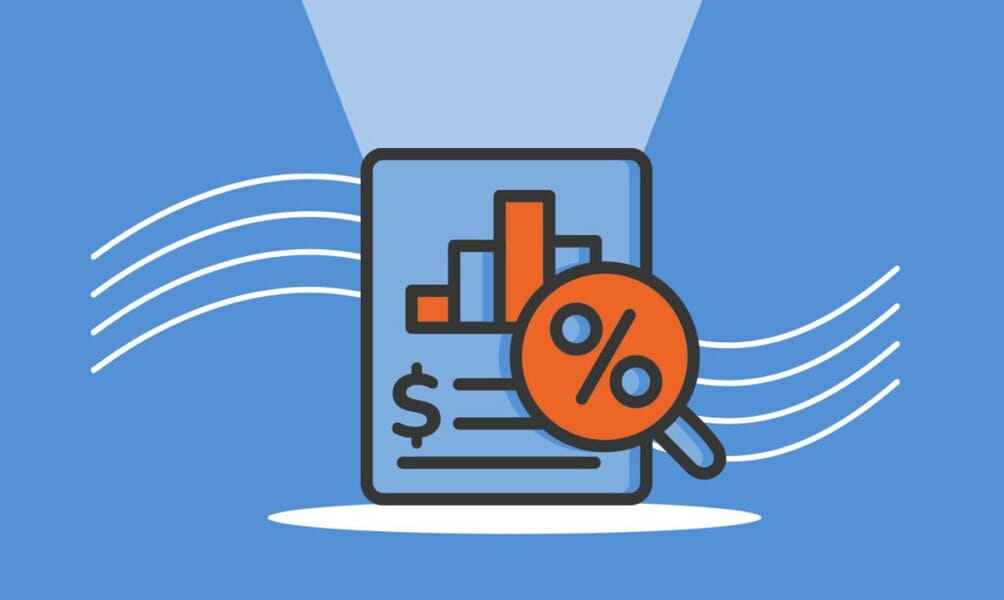
What to Know Before Starting It:
A tax preparation business requires a strong knowledge of tax laws and regulations. It’s essential to stay updated with any changes in tax codes. Certification as a tax preparer can enhance credibility. The business also demands attention to detail and the ability to handle sensitive financial information securely.
How to Start It:
Obtain the necessary certifications and licenses. Invest in reliable tax preparation software and secure storage solutions for client information. Develop a network with local businesses and individuals through networking events and community engagement. Set up a professional office space or offer mobile services for added convenience.
Why is it Recession-Proof and What Makes It:
Tax preparation is a necessity as individuals and businesses must file taxes annually. Economic downturns do not eliminate the need for tax services; in fact, they can increase demand as people seek expert advice on maximizing deductions and credits.
How to Capitalize During the Crisis:
Highlight your expertise in finding tax savings and maximizing refunds. Offer affordable pricing structures or payment plans to attract clients facing financial difficulties. Expand your services to include financial planning and consulting to provide added value.
3. Bookkeeping Service
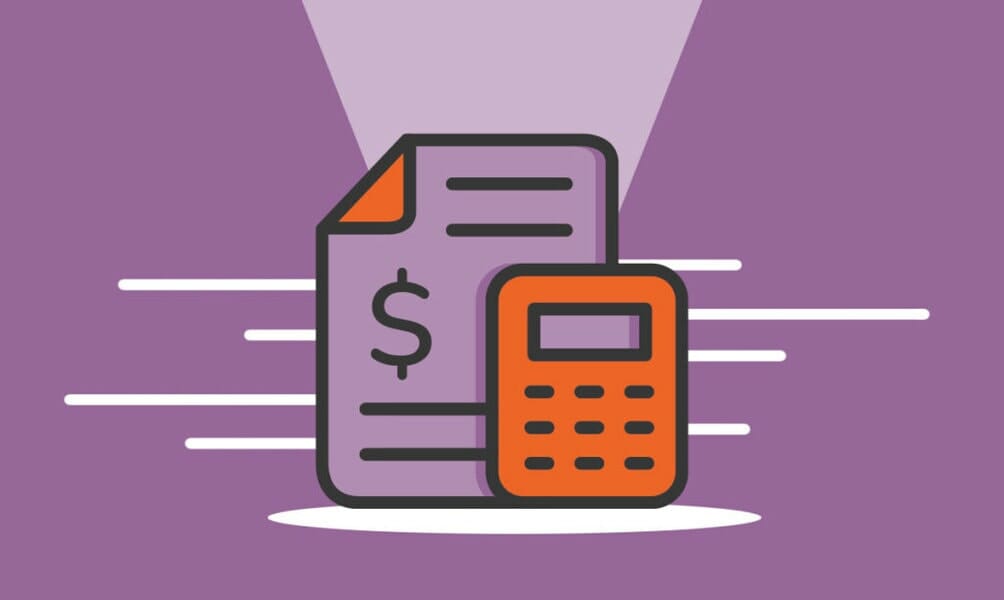
What to Know Before Starting It:
Bookkeeping services require proficiency in accounting software and a solid understanding of financial management principles. Attention to detail and confidentiality are paramount. Ensure you comply with any local regulations and certifications for financial service providers.
How to Start It:
Gain certification as a bookkeeper and choose a niche market, such as small businesses or freelancers. Invest in accounting software and set up a secure system for managing clients’ financial data. Market your services through online platforms, networking events, and local business associations.
Why is it Recession-Proof and What Makes It:
Businesses always need to manage their finances, especially during economic downturns when careful budgeting becomes crucial. Accurate bookkeeping helps businesses stay afloat by managing cash flow, expenses, and tax obligations effectively.
How to Capitalize During the Crisis:
Promote your ability to help businesses save money through efficient financial management. Offer scalable services that cater to different budget levels. Provide additional services like financial forecasting and budgeting advice to add value.
4. Childcare

What to Know Before Starting It:
Starting a childcare business requires a passion for working with children and understanding the relevant regulations and licensing requirements. Safety and quality of care are critical. Initial investment includes securing a suitable location, hiring qualified staff, and obtaining necessary equipment and supplies.
How to Start It:
Conduct thorough market research to determine the demand for childcare services in your area. Secure a license and meet all health and safety standards. Hire experienced and trained staff. Set up a welcoming, safe, and educational environment for children. Market your services to local parents through community events, social media, and partnerships with local businesses.
Why is it Recession-Proof and What Makes It:
Childcare remains a necessity as parents need reliable care for their children to maintain their jobs. Dual-income households are more common, making childcare an ongoing requirement despite economic fluctuations.
How to Capitalize During the Crisis:
Highlight your commitment to safety and quality care. Offer flexible scheduling and payment plans to accommodate families facing financial stress. Implement enhanced health and safety measures to reassure parents.
5. Auto Repair Shop

What to Know Before Starting It:
An auto repair shop requires technical expertise, appropriate certifications, and a well-equipped facility. Understanding the local market, including common vehicle makes and models, can help tailor your services. Building trust with customers through transparency and quality work is essential.
How to Start It:
Secure a location with sufficient space for repairs and customer parking. Obtain the necessary licenses and certifications. Invest in quality tools and equipment. Hire skilled mechanics and establish relationships with parts suppliers. Market your services through local advertising, social media, and partnerships with towing services.
Why is it Recession-Proof and What Makes It:
People rely on their vehicles for transportation regardless of the economy. During a recession, individuals may opt to repair and maintain their current vehicles rather than purchase new ones, increasing the demand for repair services.
How to Capitalize During the Crisis:
Offer promotions on essential maintenance services to attract cost-conscious customers. Provide transparent pricing and build a reputation for reliable, high-quality work. Consider expanding services to include mobile repairs or pickup and delivery.
6. Plumbing Business
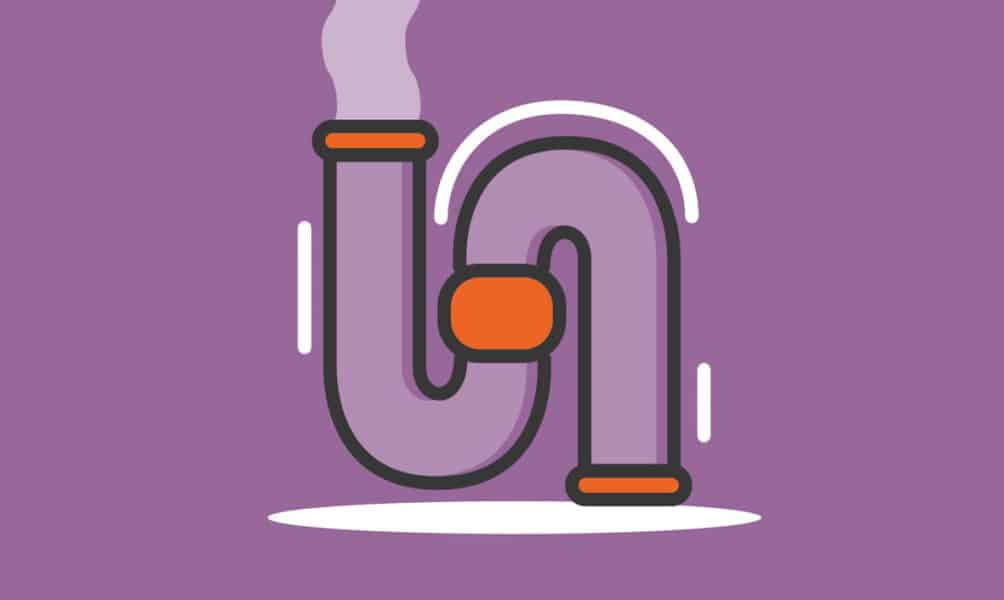
What to Know Before Starting It:
Starting a plumbing business requires technical skills, proper licensing, and a solid understanding of local building codes and regulations. Good customer service skills and the ability to manage emergencies are crucial. Initial investment includes tools, equipment, and a reliable vehicle.
How to Start It:
Obtain the necessary plumbing licenses and certifications. Invest in quality tools and a reliable vehicle for transporting equipment. Build relationships with suppliers for plumbing materials. Market your services through local advertising, online platforms, and networking with contractors and property managers.
Why is it Recession-Proof and What Makes It:
Plumbing issues can arise at any time and require immediate attention, making plumbing services essential. Homeowners and businesses cannot defer repairs without risking more significant problems, ensuring a steady demand.
How to Capitalize During the Crisis:
Offer emergency repair services and flexible payment options. Provide maintenance packages to help clients prevent costly future repairs. Market your reliability and expertise to build trust and attract repeat customers.
7. Cybersecurity Business
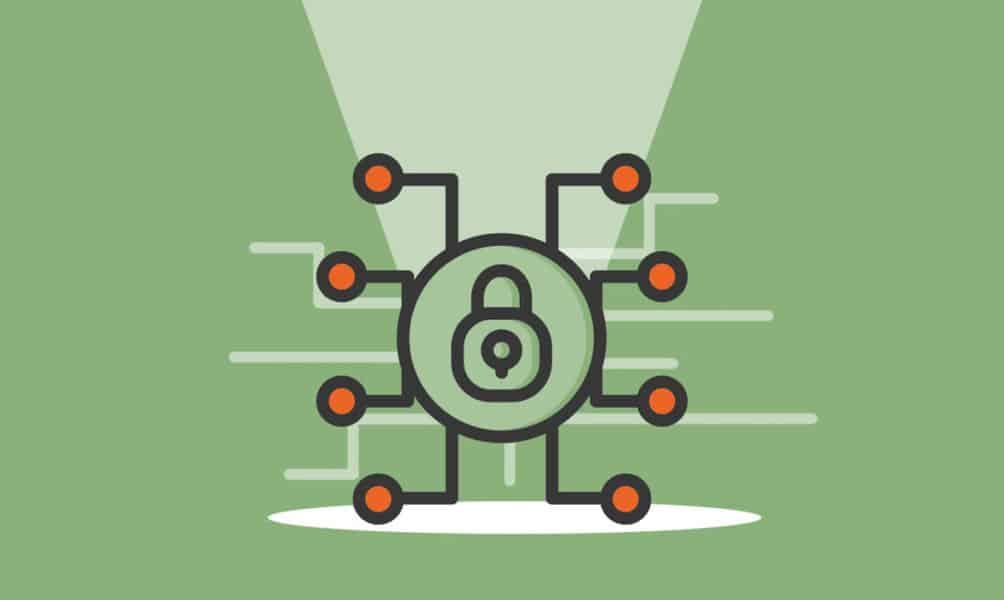
What to Know Before Starting It:
A cybersecurity business requires expertise in IT security, knowledge of the latest cyber threats, and the ability to implement robust security measures. Certifications in cybersecurity can enhance credibility. The business demands ongoing education to stay ahead of evolving threats.
How to Start It:
Gain relevant certifications in cybersecurity. Choose a niche market, such as small businesses or healthcare providers. Invest in the necessary software and tools to offer comprehensive security solutions. Market your services through online platforms, professional networks, and partnerships with IT service providers.
Why is it Recession-Proof and What Makes It:
Cyber threats continue to grow, and businesses must protect their data and systems regardless of the economic climate. The increasing reliance on digital operations makes cybersecurity indispensable.
How to Capitalize During the Crisis:
Highlight the cost savings of preventing cyberattacks compared to the potential losses. Offer scalable security packages to cater to different budget levels. Provide educational content to raise awareness about cybersecurity risks and solutions.
8. Property Management
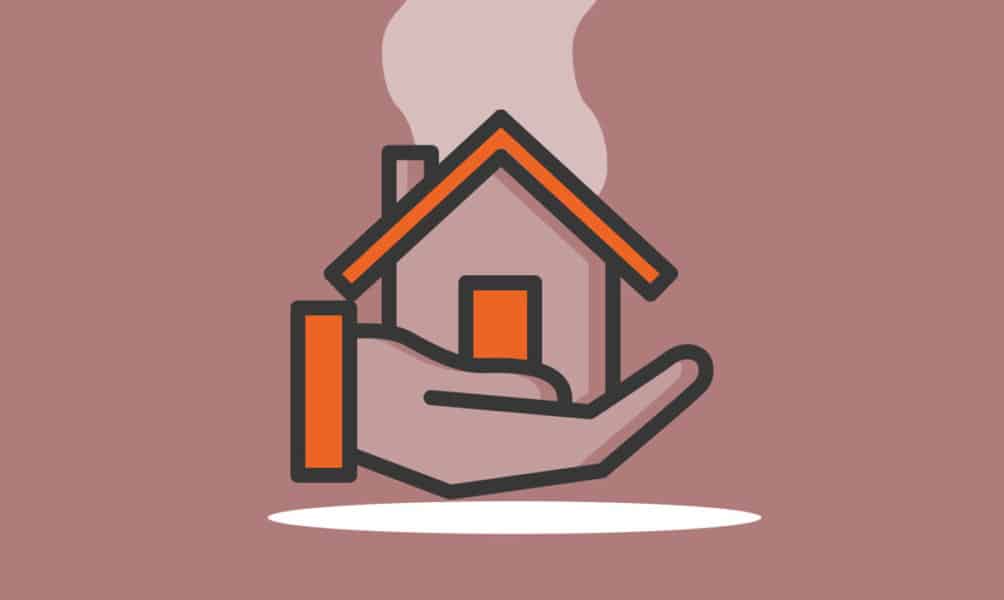
What to Know Before Starting It:
Property management involves overseeing residential, commercial, or industrial real estate. This includes tasks such as rent collection, maintenance, tenant relations, and compliance with local laws. Knowledge of real estate markets, excellent organizational skills, and strong customer service abilities are essential. Initial investment includes setting up an office, obtaining licenses, and investing in property management software.
How to Start It:
Obtain the necessary real estate and property management licenses. Choose a niche market and build relationships with property owners. Invest in property management software to streamline operations. Develop a network of reliable contractors for maintenance and repairs. Market your services through local advertising, online platforms, and real estate networks.
Why is it Recession-Proof and What Makes It:
Property management remains in demand as property owners continue to need assistance with tenant management and property upkeep, regardless of economic conditions. During a recession, property owners may seek professional management to ensure stable rental income and maintain property values.
How to Capitalize During the Crisis:
Offer competitive pricing and flexible service packages to attract clients. Emphasize your ability to maintain high occupancy rates and reduce operating costs. Provide added value through tenant retention programs and proactive property maintenance.
9. Digital Marketing
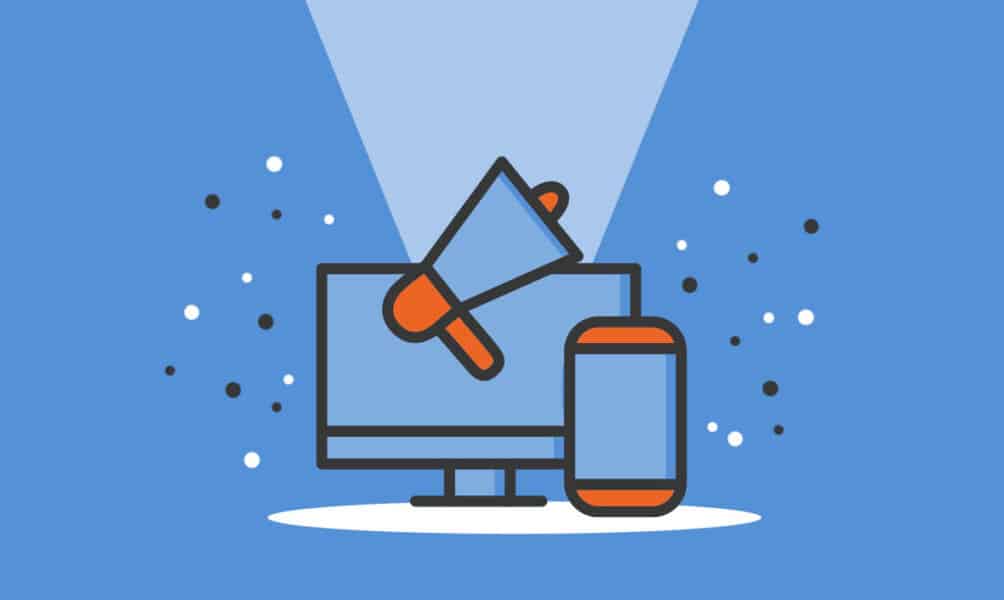
What to Know Before Starting It:
Digital marketing involves promoting products or services through online channels such as social media, search engines, email, and websites. This field requires creativity, analytical skills, and knowledge of digital marketing tools and strategies. Certification in digital marketing can enhance your credibility. Initial investment includes purchasing marketing software and tools.
How to Start It:
Gain certification in digital marketing and choose a niche market. Invest in marketing tools and software. Build a portfolio of successful campaigns to showcase your expertise. Market your services through online platforms, professional networks, and partnerships with complementary businesses.
Why is it Recession-Proof and What Makes It:
Businesses need to maintain their online presence and attract customers even during economic downturns. Digital marketing is cost-effective and offers measurable results, making it an attractive option for businesses looking to maximize their marketing budgets.
How to Capitalize During the Crisis:
Highlight the cost-effectiveness and ROI of digital marketing strategies. Offer scalable services to fit different budget levels. Provide educational content and consultations to help businesses understand the benefits of digital marketing during a recession.
10. Funeral Home

What to Know Before Starting It:
A funeral home business requires empathy, organizational skills, and knowledge of local regulations and cultural practices. Initial investment includes securing a location, purchasing necessary equipment, and obtaining licenses and permits. Building a network with local religious institutions and community organizations can be beneficial.
How to Start It:
Obtain the necessary licenses and certifications. Choose a suitable location and invest in quality equipment. Hire compassionate and trained staff. Develop a range of services, including burial, cremation, and memorial services. Market your services through local advertising, community engagement, and partnerships with religious institutions.
Why is it Recession-Proof and What Makes It:
Funeral services are a necessity regardless of economic conditions. People will always require end-of-life services, ensuring a steady demand for funeral homes.
How to Capitalize During the Crisis:
Offer affordable and customizable service packages. Emphasize your compassionate approach and commitment to providing dignified services. Enhance your online presence to make it easier for families to plan and communicate during difficult times.
11. HVAC Repair

What to Know Before Starting It:
HVAC repair involves maintaining and fixing heating, ventilation, and air conditioning systems. Technical skills, proper certification, and knowledge of local building codes are essential. Initial investment includes purchasing tools, equipment, and a reliable vehicle.
How to Start It:
Obtain the necessary certifications and licenses. Invest in quality tools and equipment. Build relationships with suppliers for HVAC parts. Market your services through local advertising, online platforms, and partnerships with real estate agents and property managers. Consider offering maintenance contracts to ensure a steady stream of work.
Why is it Recession-Proof and What Makes It:
HVAC systems are crucial for comfort and safety in homes and businesses. Regardless of economic conditions, people need to maintain and repair their HVAC systems to ensure proper heating and cooling. Emergencies like system failures during extreme weather conditions also drive demand.
How to Capitalize During the Crisis:
Promote your emergency repair services and offer maintenance plans to prevent costly breakdowns. Provide transparent pricing and financing options to attract cost-conscious customers. Highlight energy-efficient solutions to help clients save on utility bills.
12. Management Consulting

What to Know Before Starting It:
Management consulting involves advising businesses on strategy, operations, and performance improvement. Strong analytical skills, business acumen, and industry-specific knowledge are essential. Building a reputation through networking and demonstrating successful outcomes for clients is crucial.
How to Start It:
Gain experience and possibly certification in your chosen industry. Develop a portfolio showcasing successful projects. Establish a professional online presence and network with business leaders. Offer free initial consultations to attract clients and build credibility.
Why is it Recession-Proof and What Makes It:
During economic downturns, businesses seek expert advice to optimize operations, reduce costs, and navigate challenges. Management consultants help companies streamline processes and implement strategies for survival and growth.
How to Capitalize During the Crisis:
Highlight your expertise in cost reduction and efficiency improvement. Offer flexible consulting packages to fit various budgets. Provide valuable insights through webinars, articles, and case studies to demonstrate your knowledge and attract clients.
13. Secondhand Clothing

What to Know Before Starting It:
A secondhand clothing business involves selling pre-owned clothes. This business requires knowledge of fashion trends, quality assessment skills, and an eye for unique and valuable pieces. Initial investment includes sourcing inventory, setting up a retail or online store, and marketing.
How to Start It:
Source high-quality secondhand clothing through thrift stores, garage sales, and donations. Set up a retail space or online store on platforms like eBay, Poshmark, or your own website. Market your business through social media, local events, and collaborations with fashion influencers.
Why is it Recession-Proof and What Makes It:
During economic downturns, consumers look for ways to save money, making secondhand clothing an attractive option. The growing interest in sustainable and eco-friendly fashion also drives demand for pre-owned clothes.
How to Capitalize During the Crisis:
Emphasize the cost savings and environmental benefits of buying secondhand clothing. Offer promotions and loyalty programs to encourage repeat customers. Use social media to showcase unique and stylish items, tapping into trends and fashion movements.
Subscribe to Our Newsletter
and gain insider access to cutting-edge business insights and trends.
Featured Resources
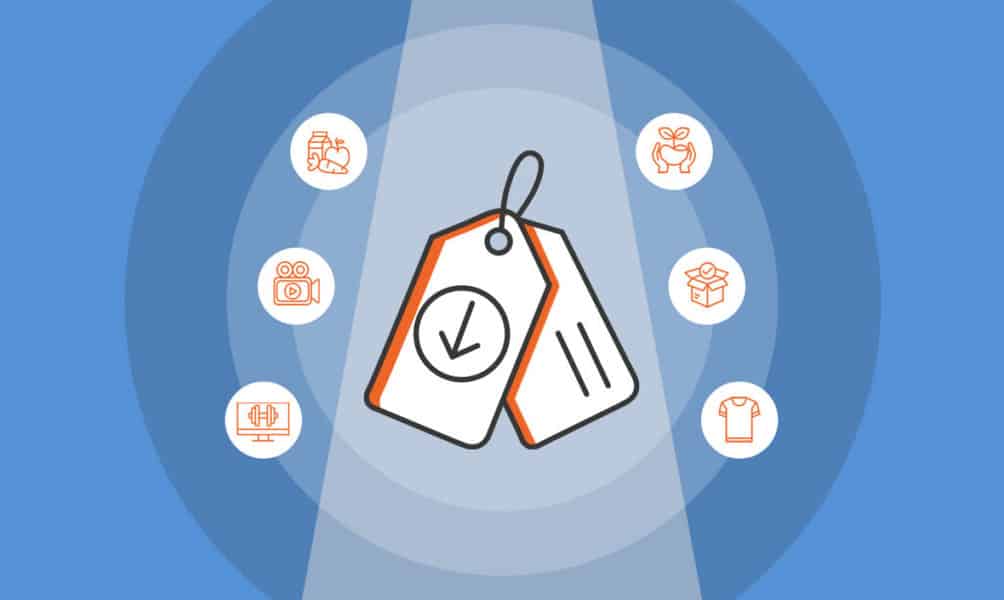
15 Low-Cost Business Ideas with High Potential
Published on August 26, 2022
Read Now

How to Start a Small Business in 13 Steps
Published on January 15, 2022
Owning a successful business is one of the most rewarding things you can do with your life. It’s empowering and liberating, and allows you toprodu ...
Read Now
Comments